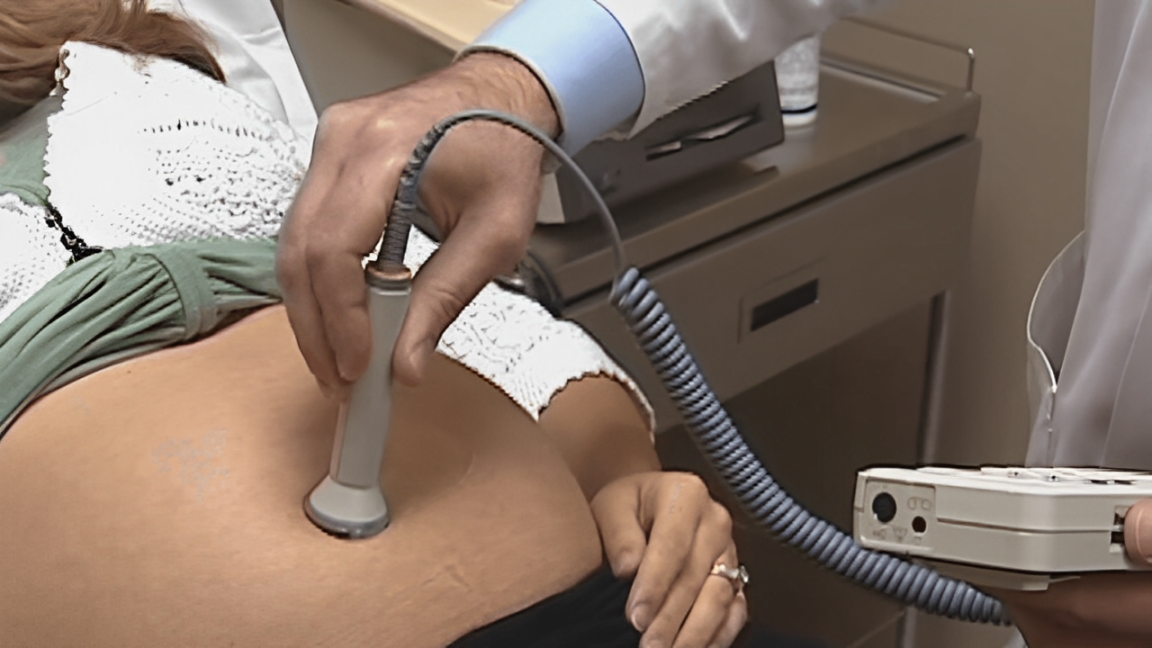Race Day Live Florida has become the first state in the U.S. to allow doctors to perform C-sections in clinics outside hospitals.
This new law could serve as a model for other states, but not everyone supports it. Some experts worry about the safety of mothers and babies, especially since private companies pushed for this change.
The U.S. has a poor record when it comes to maternal health, and many hospital maternity wards are closing due to financial struggles.
Supporters of the law believe it will make childbirth services more accessible and affordable. However, some doctors, hospitals, and midwives argue that it is risky. They point out that private companies investing in healthcare often focus on profits rather than patient safety.
Alex Borsa, a health researcher at Columbia University, says Florida is a logical place to test this idea. The state has many private healthcare businesses, including those related to childbirth and fertility.
Traditional birth centers are run by midwives and focus on natural childbirth for low-risk pregnancies. Florida has 29 such centers, and there are about 400 across the country.
These centers provide a home-like environment where women can give birth without anesthesia. The new law creates a different type of birth center, called an “advanced birth center,” where doctors can perform C-sections. Right now, no such centers exist.
A C-section is a surgical procedure in which doctors make an incision in a woman’s abdomen and uterus to deliver the baby.
These procedures require anesthesia and are typically performed when a vaginal birth could be dangerous.
Before this law, C-sections were only allowed in hospitals, where medical teams and advanced equipment are available to handle complications.
The Florida Hospital Association opposes the new law. President and CEO Mary Mayhew argues that hospitals are the safest place for C-sections. She believes hospitals have the necessary doctors, teams, and equipment to handle emergencies.
The law was pushed by Women’s Care Enterprises, a private equity-backed group that runs about 100 clinics in Florida and others in Arizona, California, and Kentucky.
This group lobbied lawmakers to pass the bill, which was included in a larger healthcare policy package. Many medical and midwifery organizations opposed the change.

Critics argue that these new birth centers are not the same as traditional midwife-led centers. Midwives focus on natural childbirth for low-risk pregnancies, while doctors are more likely to use medical interventions like pain relief and labor-inducing drugs.
The concern is that these new clinics may not have the same level of emergency care that hospitals do.
Florida lawmakers who support the change believe it will help improve access to maternity care, especially in rural areas where hospitals have closed their labor and delivery units.
Currently, only two of Florida’s 22 rural hospitals provide childbirth services. Supporters say the new law could reduce costs and make care more accessible.
However, some doubt that these birth centers will open in low-income or rural areas. Most doctors prefer to work in urban centers, where they can earn more money. Research shows that private equity-backed medical facilities tend to be located in wealthier areas.
Private equity firms invest in businesses to increase their value and sell them for a profit. In the past decade, investors have spent over $1 trillion on healthcare companies.
Critics argue that private equity’s involvement in healthcare often leads to higher costs for patients.
Borsa, the Columbia researcher, believes private equity firms are unlikely to expand maternity services in rural areas. He says there is no evidence to support the idea that Wall Street investors will improve access to care in low-income communities.
In recent years, private equity’s role in healthcare has faced public criticism and government investigations.
The U.S. Senate Budget Committee recently released a report accusing private firms of prioritizing profits over patient care.
Read More:
- Governor Ron DeSantis Forms Florida’s Advisory Commission for America’s 250th Anniversary!
- Florida Resident Experiences Snow for the First Time, Embraces Childhood Joy!
These firms have been blamed for the financial struggles of hospitals, which are forced to cut services when profitable patients leave for private facilities.
Women’s Care Enterprises has not said when or where it will open an advanced birth center. However, representatives have mentioned Tampa and Orlando as possible locations.
Maternity services are not very profitable for hospitals, mainly because Medicaid payments are too low to cover the full costs of childbirth.
In rural areas, Medicaid covers about half of all births, making it difficult for hospitals to sustain maternity care. If privately owned birth centers attract patients with better insurance, hospitals could end up struggling even more.
Supporters compare these birth centers to outpatient surgery centers, where people undergo minor surgeries without staying overnight. However, critics say childbirth is different because it involves two patients—the mother and the baby.
Babies born by C-section may need special medical care immediately after birth, which these centers may not be able to provide.
Some lawmakers worry that the new birth centers won’t have pediatric specialists available for emergencies.
The law requires them to have agreements with local hospitals for patient transfers, but critics say that’s not enough. The centers must also follow most safety rules that apply to outpatient surgical centers.
So far, no other state has introduced a similar law, making Florida an outlier. But as private companies invest more in healthcare, Borsa expects them to push for similar changes in other states.
“This is probably just the beginning,” he said. “If they can make money from this model, they will try to expand it.”
Disclaimer- Our team has thoroughly fact-checked this article to ensure its accuracy and maintain its credibility. We are committed to providing honest and reliable content for our readers.

























+ There are no comments
Add yours